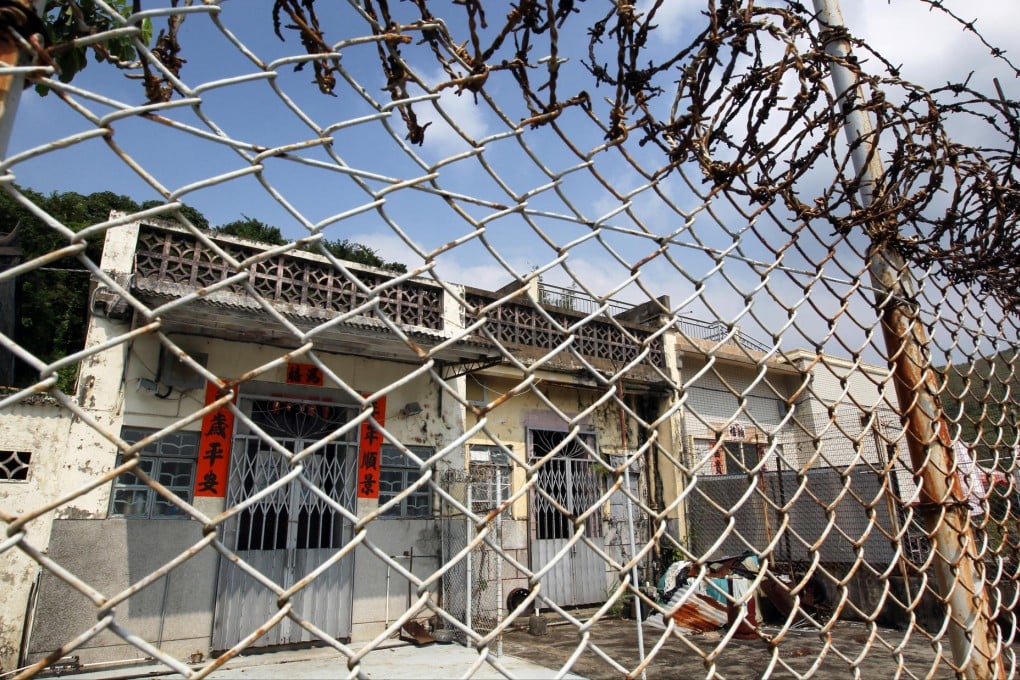Plover Cove country park expansion could lead to showdown
Kuk expected to fight plan that would fold five villages into Plover Cove, limiting building rights

Officials have quietly drafted proposals to expand at least one country park that would limit the building rights of villagers.
The proposal for incorporating five enclaves into the Plover Cove Country Park in the northeastern New Territories would add 60 hectares to the 4,600- hectare park.
The Agriculture, Fisheries and Conservation Department plan comes just a few weeks after development minister Paul Chan Mo-po provoked a heated debate by suggesting houses might be built in the parks. The new proposal is likely to prove just as controversial.
AFCD officials say the five areas, either surrounded by or jutting into the park, are suitable for incorporation in full or in part. This would presuppose that development in the parks was not favoured. Any construction, including small houses for indigenous inhabitants, would require approval from the Country and Marine Parks Board.
The proposals were submitted to the board before the summer break but not disclosed because of their sensitivity.